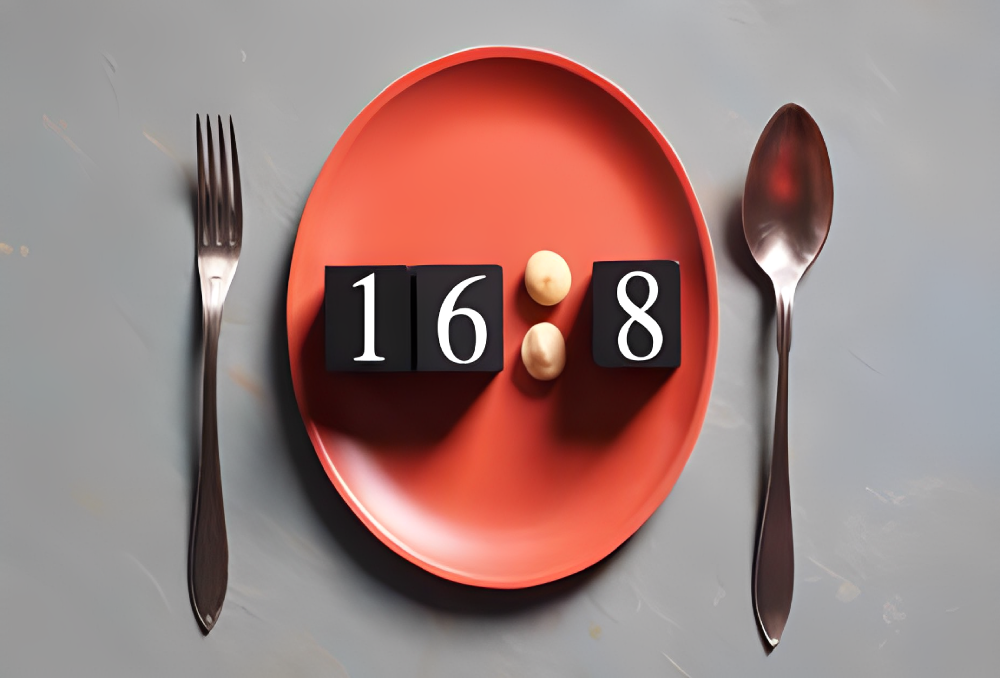5 Simple Steps to Start Meal Planning as a Beginner
Meal planning is a great way to save time, money, and stress when it comes to preparing meals for yourself or your family. It involves taking the time to plan out your meals for the week or month ahead, and then creating a grocery list based on those meals. While it may seem overwhelming at first, meal planning is a skill that can be easily learned and can greatly benefit your daily life. If you are new to meal planning, here are 5 simple steps to help you get started.
Step 1: Set a Goal
The first step in meal planning is to set a goal. This could be anything from wanting to eat healthier, to saving money on groceries, or simply wanting to have more organized meals. By setting a goal, you will have a clear purpose and motivation for meal planning. This will also help you determine what type of meals you want to plan for and what ingredients you will need.
Step 2: Choose Your Planning Method
There are various methods for meal planning, and it is important to choose one that works best for you. Some people prefer to plan their meals for the entire week, while others prefer to plan for a few days at a time. You can also choose to plan for all three meals of the day or just focus on dinner. Additionally, you can use a physical planner, a meal planning app, or even a simple spreadsheet to keep track of your meals and grocery list.
Step 3: Take Inventory of Your Pantry and Fridge
Before you start planning your meals, it is important to take inventory of what you already have in your pantry and fridge. This will not only save you money by avoiding buying duplicate items, but it will also help you come up with meal ideas based on what you already have. Make a list of the ingredients you have on hand and keep it handy while you plan your meals.
Step 4: Plan Your Meals
Now comes the fun part – planning your meals! Start by choosing your main dishes for each day, and then add in side dishes and snacks as needed. Consider incorporating a variety of proteins, vegetables, and grains to ensure a balanced and nutritious diet. You can also get creative and try new recipes or stick to old favorites. Once you have your meals planned out, make a grocery list based on the ingredients you will need.
Step 5: Stick to Your Plan
The key to successful meal planning is sticking to your plan. This means following your grocery list and preparing the meals you have planned for. It may take some time to get into the habit of meal planning, but once you do, it will become second nature. You can also make adjustments to your plan as needed, such as swapping out ingredients or meals if something comes up.
In conclusion, meal planning may seem daunting at first, but by following these 5 simple steps, you can easily get started as a beginner. Remember to set a goal, choose a planning method that works for you, take inventory of your pantry and fridge, plan your meals, and stick to your plan. With practice, meal planning will become a valuable tool in your daily routine, making mealtime less stressful and more enjoyable. So why not give it a try and see the benefits for yourself? Happy planning!
The Benefits of Meal Planning for Busy Individuals
Meal planning is a concept that has gained popularity in recent years, especially among busy individuals. With hectic work schedules, family responsibilities, and other commitments, finding time to prepare healthy and nutritious meals can be a challenge. This is where meal planning comes in – a simple and effective way to ensure that you have healthy meals ready to go, even on your busiest days.
The concept of meal planning is simple – it involves taking some time to plan out your meals for the week or even the month ahead. This can include deciding on the recipes you want to make, creating a grocery list, and prepping ingredients in advance. While it may seem like a daunting task at first, the benefits of meal planning for busy individuals are numerous and well worth the effort.
One of the main benefits of meal planning is that it saves time. As a busy individual, time is a precious commodity, and meal planning can help you make the most of it. By taking the time to plan out your meals, you can avoid last-minute trips to the grocery store or ordering takeout, which can be time-consuming. With a well-thought-out meal plan, you can have all the ingredients you need on hand, making meal preparation quick and efficient.
In addition to saving time, meal planning can also save you money. By planning your meals in advance, you can avoid impulse purchases at the grocery store, which can add up quickly. With a grocery list in hand, you can stick to buying only what you need, reducing food waste and saving money in the process. Moreover, by having meals planned out, you can also avoid eating out, which can be costly. This can lead to significant savings over time, making meal planning a budget-friendly option for busy individuals.
Another benefit of meal planning is that it promotes healthier eating habits. When you plan your meals in advance, you have more control over what you eat. This means you can choose healthier options and avoid the temptation of unhealthy snacks or fast food. By having nutritious meals planned out, you can ensure that you are getting all the necessary nutrients your body needs to stay healthy and energized.
Meal planning can also help reduce stress and make mealtime more enjoyable. As a busy individual, the last thing you want to do after a long day is to spend hours in the kitchen preparing a meal. With a meal plan in place, you can have a clear idea of what you need to do and can even prep some ingredients in advance, making meal preparation less stressful. This can also make mealtime more enjoyable, as you can sit down and enjoy a delicious and healthy meal without feeling rushed or stressed.
Finally, meal planning can also help you expand your culinary skills and try new recipes. With a meal plan, you can incorporate new and exciting recipes into your routine, making mealtime more interesting. This can also help you develop new cooking skills and broaden your palate, making you a more confident and versatile cook.
In conclusion, meal planning is a valuable tool for busy individuals looking to save time, money, and promote healthier eating habits. By taking the time to plan out your meals, you can enjoy the benefits of having nutritious and delicious meals ready to go, even on your busiest days. So why not give meal planning a try and see how it can make a positive impact on your life?
How to Save Time and Money with Meal Planning for Beginners
Meal planning is a great way to save time and money while also ensuring that you and your family are eating healthy and balanced meals. It may seem overwhelming at first, but with a little bit of planning and organization, meal planning can become a simple and efficient process. In this article, we will discuss the basics of meal planning for beginners and how it can benefit you in the long run.
The first step in meal planning is to set a budget. This will help you determine how much you can spend on groceries each week and will also guide your meal choices. It is important to stick to your budget to avoid overspending and to make the most out of your meals. Once you have a budget in mind, it’s time to start planning your meals for the week.
Start by making a list of your favorite meals and recipes. This will give you a good starting point and will make the planning process easier. Next, take a look at your schedule for the week and determine which days you will have more time to cook and which days you will need quick and easy meals. This will help you decide which meals to make on which days.
When planning your meals, it’s important to consider the nutritional value of each meal. Make sure to include a variety of fruits, vegetables, whole grains, and lean proteins in your meals. This will not only ensure that you are getting all the necessary nutrients, but it will also add variety to your meals and prevent boredom.
Once you have your meals planned out, it’s time to make a grocery list. Make sure to stick to your list and avoid buying unnecessary items. This will not only save you money, but it will also prevent food waste. It’s also a good idea to check your pantry and fridge before heading to the grocery store to see if you already have some of the ingredients on your list.
Another tip for saving time and money with meal planning is to buy in bulk. This is especially useful for non-perishable items such as rice, pasta, and canned goods. Buying in bulk can save you money in the long run and will also ensure that you always have these items on hand for future meals.
When it comes to meal prep, it’s important to make the most out of your time. One way to do this is by cooking in batches. For example, if you are making a large batch of soup, you can freeze the leftovers for future meals. This will save you time and money in the long run. It’s also a good idea to prep some ingredients ahead of time, such as chopping vegetables or marinating meat. This will make cooking meals during the week much quicker and easier.
In addition to saving time and money, meal planning can also help with portion control. By planning out your meals, you can ensure that you are not overeating and that you are getting the right amount of nutrients. This can be especially helpful for those trying to maintain a healthy weight or those with specific dietary needs.
In conclusion, meal planning for beginners may seem daunting at first, but with a little bit of effort and organization, it can become a simple and efficient process. By setting a budget, planning your meals, and prepping ahead of time, you can save time and money while also ensuring that you and your family are eating healthy and balanced meals. So why not give meal planning a try and see the benefits for yourself? Your wallet and your health will thank you.



